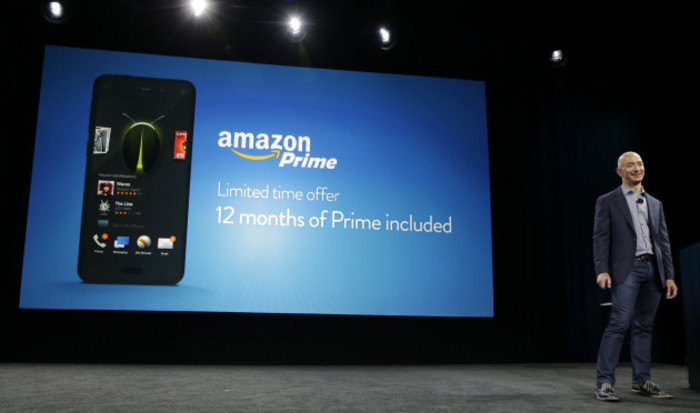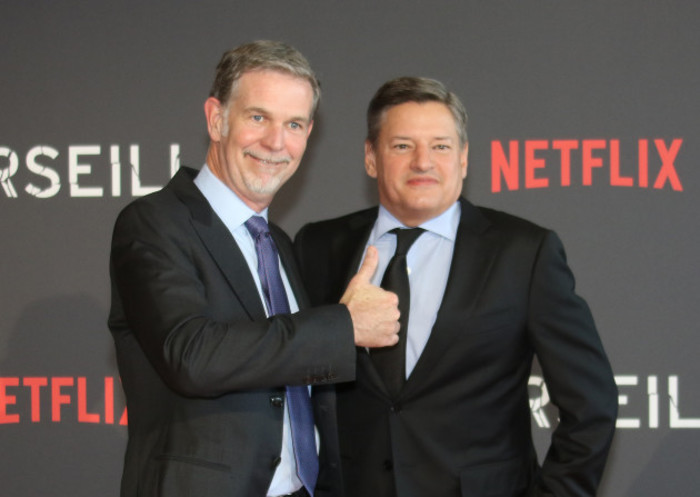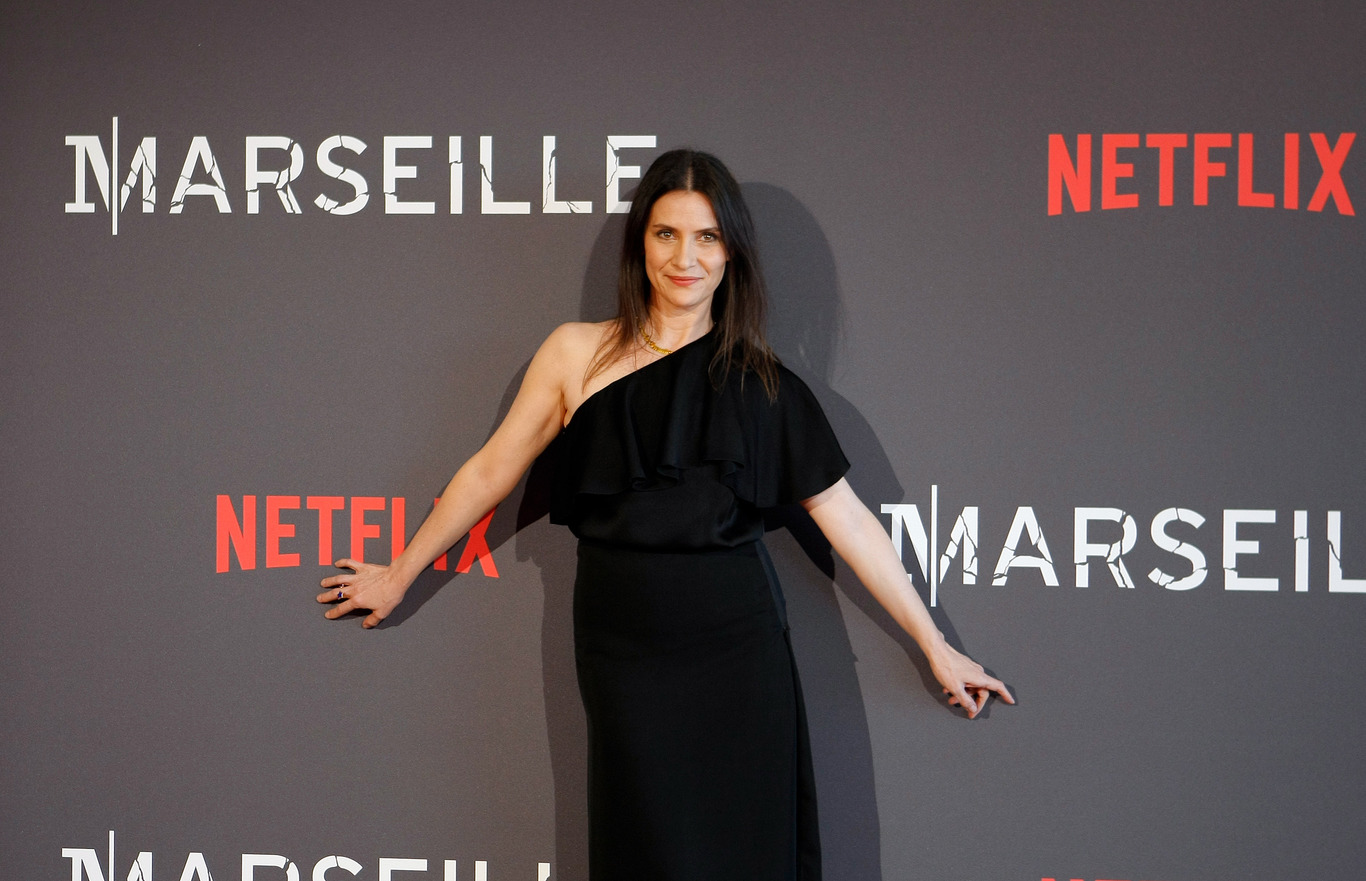Netflix could be forced to broadcast and put money into European shows
The measures are part of an EU plan to overhaul the digital market.
US FIRMS NETFLIX and Amazon face quotas for European movies and television shows under new EU proposals that also aim to lift cross-border barriers for internet shoppers.
The plan is the latest step towards what Brussels calls a digital single market, in which the EU’s 500 million people will no longer be blocked from buying goods and services more cheaply abroad online.
“We have a European film culture and we think European content should be in those programmes,” Guenther Oettinger, the German EU commissioner for digital economy, said.
The European Commission called for US web streaming giants like Netflix and Amazon to devote 20% of their content in the region to European movies and television shows.
Oettinger said the commission believes that “there should be a guaranteed share of those programmes,” and that “20% is a reasonable figure”, noting Netflix already devotes 21% of its catalogue to European content.
“We are giving businesses some room for manoeuvre to show non-European products,” he added.
Quotas already set by some member states vary between 10% and 60%.

French protection
Fighting the dominance of Hollywood is a major priority for EU heavyweight France in particular, which has for years subsidised its own national film industry through a special tax on privately-owned broadcasters that rely heavily on US-made content.
Netflix has said it is against quotas or making contributions to film subsidies, instead putting a priority on developing its own content, including in Europe.
Earlier this month, Netflix released its first major French-language series Marseille, starring Gerard Depardieu, largely seen as a sign of its commitment to bring ambitious, non-English-language productions to Europe.
In addition, the commission proposed that member states should be able to ask on-demand services available in their country to “contribute financially to European works,” stopping short of calling for a tax.
The proposals also call for member states to allow for independent regulators, who will ensure that video-sharing platforms, such as YouTube, protect young people from harmful content, like violence and pornography.
They also call for protecting all citizens from incitement to hatred.
 Netflix CEO Reed Hastings, left
Netflix CEO Reed Hastings, left
Ending geoblocking
Meanwhile, the commission also proposed that online firms lift barriers starting next year to internet shoppers who seek cheaper prices for goods and services on sites in different European countries.
The system is known as ‘geoblocking’, whereby customers are limited to websites in their home countries for services such as car hire or travel and are blocked from seeking better prices on foreign sites.
Under the proposals, for example, automatically rerouting customers to a local version of the online service will be forbidden.
“Discrimination between EU consumers based on the objective to segment markets along national borders has no place in the single market,” EU industry commissioner Elzbieta Bienkowska said.
Greater access is considered vital as a commission study in March showed an increasing number of goods and services are traded over the internet while cross-border online sales within the EU are only growing slowly.
In a related proposal, the commission called for making cross-border parcel delivery more affordable by introducing greater price transparency to foster competition.
The proposed geoblocking ruling currently excludes audiovisual online providers but leaves the subject open to review, and those who sell music or electronic books fear they will be swept up eventually by it.
The plans must now be approved by member states and the European parliament.






